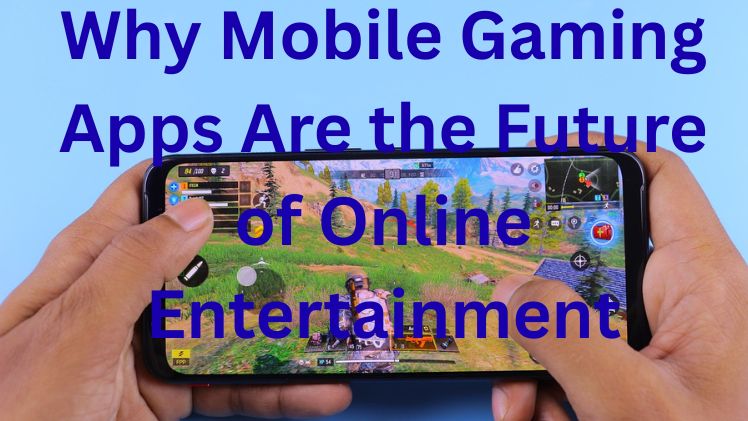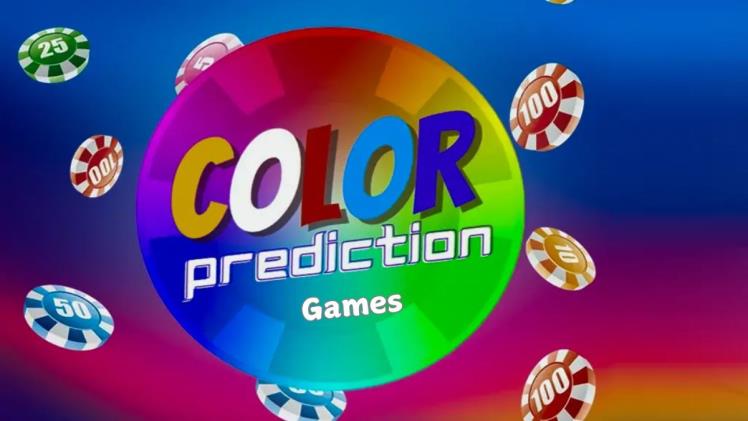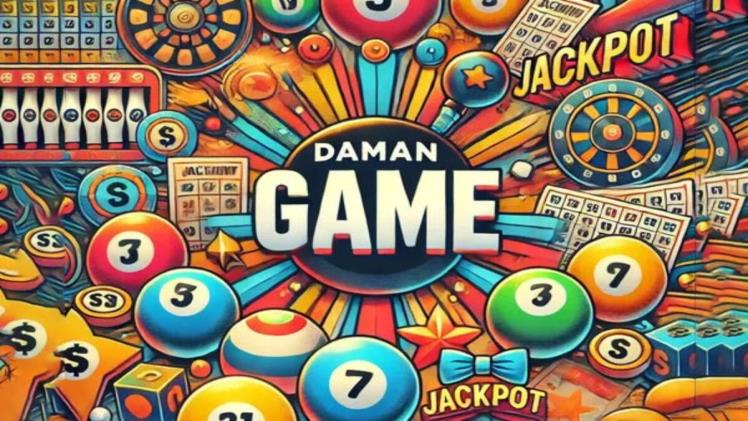Talking to Your Teen About Color Prediction Games
The rise of digital gaming has introduced a variety of genres, including color prediction games, which have become popular among young players. These games involve predicting outcomes based on color sequences, often with financial incentives attached. While seemingly harmless, they can raise concerns about gambling tendencies, responsible gaming habits, and digital literacy. Talking to your teen about color prediction games requires a balanced approach, ensuring they understand the risks while respecting their interests.
Understanding the Appeal of Color Prediction Games
Before starting the conversation, it is important to understand why teens find color prediction games engaging. These games offer instant gratification, simple mechanics, and the thrill of making predictions. The fast-paced nature keeps players invested, while social aspects, such as leaderboards and peer comparisons, create a sense of competition. Some teens may be drawn to potential rewards, especially if real money or virtual currency is involved. Recognizing these motivations allows parents to approach discussions with empathy rather than judgment.
Addressing the Risks Without Discouraging Interest
Conversations about gaming should not come across as restrictive but rather as informative. Discussing the risks associated with color prediction games, such as addiction, financial loss, and unrealistic expectations, helps teens make informed decisions. The key is to highlight how probability works, emphasizing that outcomes are designed to be unpredictable rather than skill-based. Encouraging critical thinking about game mechanics fosters responsible engagement rather than outright dismissal.
Setting Healthy Boundaries for Gameplay
Establishing reasonable boundaries ensures that gaming remains an enjoyable activity rather than an unhealthy habit. Setting time limits for screen usage prevents excessive gaming, while discussing financial responsibility discourages unnecessary spending. If a game involves in-app purchases, guiding teens on budgeting ensures they remain mindful of their transactions. Parents can introduce the concept of opportunity cost, helping teens weigh the value of spending money on gaming versus other interests.
Encouraging Digital Literacy and Responsible Gaming
Rather than simply warning about risks, fostering digital literacy equips teens with the tools to assess gaming platforms like bdg app critically. Discussing how algorithms, randomness, and monetization work allows them to recognize manipulative strategies. Encouraging teens to research game mechanics, read user reviews, and verify legitimacy ensures they engage responsibly. Responsible gaming education should also include conversations about self-control, recognizing signs of excessive play, and knowing when to take breaks.
Building an Open Dialogue
The best approach to discussing gaming habits is creating an open dialogue rather than enforcing strict rules. Engaging in conversations without judgment helps teens feel comfortable discussing their gaming experiences. Parents can ask questions about what they enjoy in these games, what strategies they use, and whether they feel any pressure to play. By showing genuine interest, parents can create an environment where teens feel supported in making responsible choices.
Offering Alternative Entertainment Options
If excessive gaming becomes a concern, introducing alternative activities ensures a balanced lifestyle. Encouraging hobbies such as sports, creative pursuits, or social engagements helps teens explore interests beyond gaming. Finding interactive activities that align with their preferences ensures they do not feel forced into alternatives but rather naturally expand their experiences. If gaming remains an important interest, exploring strategy-based games that focus on skill rather than chance fosters more constructive engagement.
Conclusion
Talking to your teen about color prediction games requires a thoughtful approach that balances understanding with responsible guidance. Rather than discouraging gaming outright, fostering awareness about mechanics, risks, and responsible habits ensures they make informed decisions. Encouraging open dialogue, setting boundaries, and promoting digital literacy helps teens navigate gaming culture wisely, ensuring that their experiences remain enjoyable and beneficial. With the right guidance, teens can develop critical thinking skills that shape responsible gaming behavior while maintaining a healthy relationship with digital entertainment.







